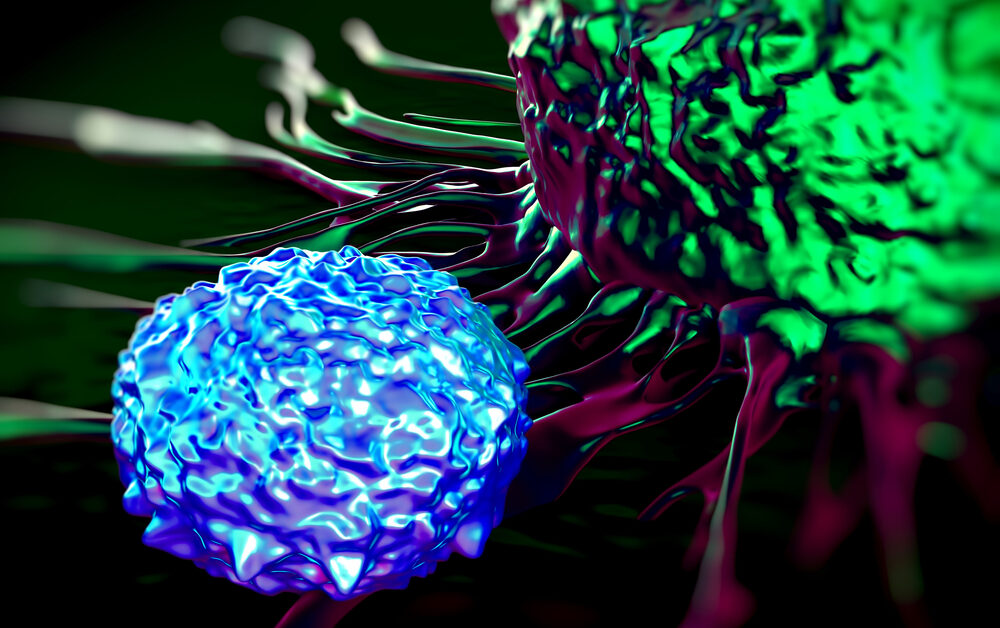IOME Bio, a French seed stage biotechnology company focused on overcoming tumor resistance to immune checkpoint inhibition, has published its foundational research by founders Arlene Sharpe and Dennis Kasper in Nature.
The company said its work reveals unique insights into the critical importance of the RGMb/PD-L2 pathway in immunotherapy resistance and further strengthens the significance of IOME Bio’s bispecific antibody therapy approach, which targets RGMb (Repulsive Guidance Molecule b).
IOME Bio said the study has demonstrated that a new pathway involving RGMb and PD-L2 is highly immunosuppressive, which affects the efficacy of current immunotherapies. IOME Bio continues to collaborate with the Sharpe and Kasper labs through sponsored research and has an exclusive license to intellectual property stemming from their discoveries. Gordon Freeman at the Dana-Faber Cancer Institute is also a key collaborator and contributor.
Although immune checkpoint inhibitors have made a tremendous impact in cancer treatment, unfortunately most patients either fail to achieve a response or experience relapse. The Nature publication, which originates from IOME Bio-sponsored research, reveals the previously unrecognized role of the RGMb molecule in regulating the body’s response against cancer cells.
Robust anti-tumor response
RGMb, primarily known for its role in tolerance, is also found on the surface of cancer-fighting T-cells. Until now, its role in regulating T-cell responses to cancer immunotherapy was unknown. The researchers demonstrated that the interaction between RGMb and PD-L2 interferes with the anti-tumor response. Blocking either RGMb or PD-L2 with antibodies combined with an anti-PD-1/L1 consistently led to a robust anti-tumor response across several models and was able to overcome resistance to PD-1 or PD-L1 antibodies.
In harnessing these unique, proprietary immunosuppression insights, IOME Bio intends to unlock the efficacy of immuno-oncology with its first-in-class anti-RGMb-based bispecific antibodies designed to address cancer resistance.
Raising funds
“We are delighted with the international recognition of this research led by Arlene Sharpe and Dennis Kasper, as well as Gordon Freeman,” said Eric Rambeaux, CEO of IOME Bio.
“Thanks to the fruitful and ongoing collaboration with the team, and seed financing from Quark Venture and Seventure, IOME Bio has been able to successfully and quickly develop several bispecific programs around RGMb, currently at candidate selection stage. The company is now in the process of raising series A financing to further develop this program and advance it into the clinical stages.”
About immune checkpoint inhibitors
Immune checkpoint inhibitor drugs block checkpoint proteins made by immune system cells, such as T-cells, and some cancer cells. Signaling via these checkpoints can prevent T-cells from killing cancer cells, resulting in T-cell exhaustion. When the checkpoints are blocked, T-cells are better able to kill cancer cells. Examples of checkpoints found on T-cells or cancer cells include PD-1/PD-L1 and CTLA-4. Antibodies to these checkpoint proteins have been approved to treat many types of cancer.
Partnering 2030: The Biotech Perspective 2023






